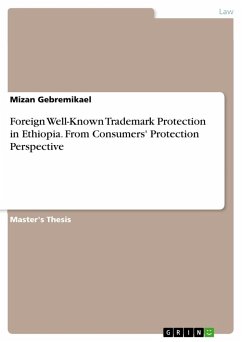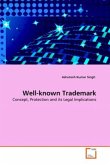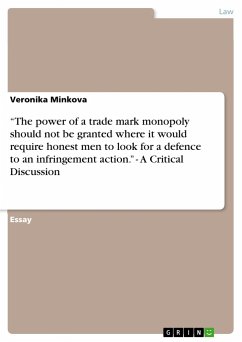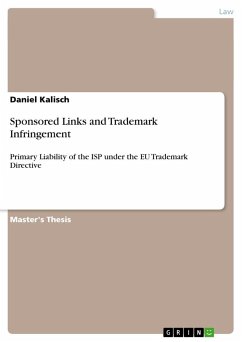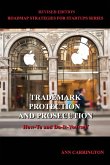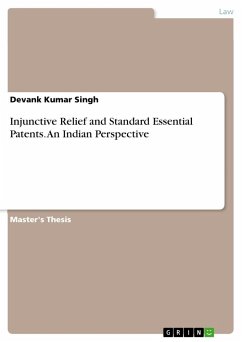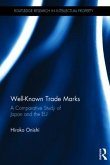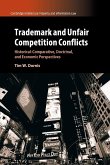Master's Thesis from the year 2020 in the subject Law - Media, Multimedia Law, Copyright, Mekelle University, language: English, abstract: The general objective of the research is to assess the state of law and practice of consumer protection from fake foreign well-known trademarks in Ethiopia. Currently, goods and services produced in one country may cross almost all countries of the world. From those, some products, which have good quality, become well-known. Some producers use the well-known trademarks of others, to get market access by confusing consumers. Though different ¿additional rationales¿ developed through time, the protection of trademarks, including well-known trademarks protection, historically bases its rationale in protecting consumers from misleading in the free trade market and guarantees them the consistent quality of the products. This rationale has been taken by the Trademark Proclamation of Ethiopia, which is observable in its preamble. However, confusions of consumers in the market because of the fake marks (especially by the fake foreign well-known trademarks) are practiced here and there in every part of the country. This research has, thus, looked in to and examined the different laws of the country as well as institutions that have involvement in protecting the interest of consumers from confusion by fake-foreign well-known trademarks. This study briefly examines the practical existence of confusion and the subsequently available remedies in the shoe and cloth market. In doing so, the non-doctrinal research methodology and, qualitative research approaches were used. Observation was made in the market and a semi-structured interview was conducted with traders, IPRs experts, and TCCP experts selected through a purposive sampling method and with buyers selected through the convenience sampling method.
Hinweis: Dieser Artikel kann nur an eine deutsche Lieferadresse ausgeliefert werden.
Hinweis: Dieser Artikel kann nur an eine deutsche Lieferadresse ausgeliefert werden.

